All Stories
-
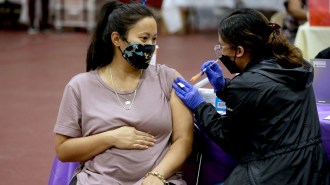 Health & Medicine
Health & MedicineWhy being pregnant and unvaccinated against COVID-19 is a risky combo
Being pregnant puts an individual at higher risk for severe illness and death from COVID-19, but vaccination has lagged among pregnant people.
-

-

How machines help us decipher our genes
Editor in chief Nancy Shute discusses the evolution of the Human Genome Project.
By Nancy Shute -
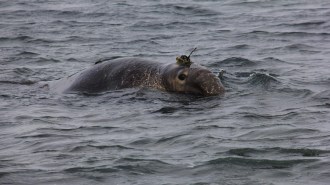 Animals
AnimalsMale elephant seals aim to get huge or die trying
Males will risk death to eat and grow as large as possible, since only the biggest males mate. But females aim for long-term survival.
By Jake Buehler -
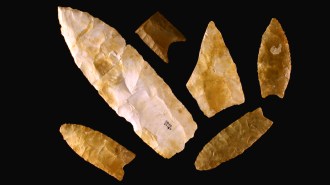 Archaeology
Archaeology‘Origin’ explores the controversial science of the first Americans
A new book looks at how genetics has affected the study of humans’ arrival in the Americas and sparked conflicts with Indigenous groups today.
By Bruce Bower -
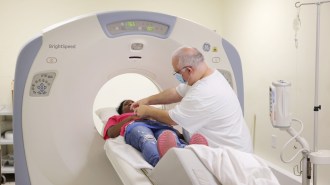 Health & Medicine
Health & MedicineMedical crowdfunding rarely helps those who need it most
People in the U.S. with high medical debt and low insurance coverage are more likely to raise money but less likely to meet goals, a new study finds.
-
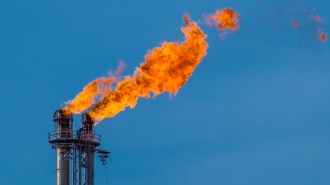 Climate
ClimateSatellites have located the world’s methane ‘ultra-emitters’
Plugging leaks from methane ultra-emitters would make a dent in greenhouse gas emissions — and be cost-effective for those countries, scientists say.
-
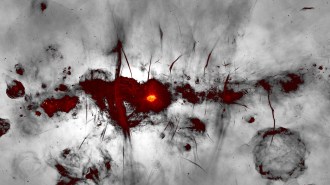 Space
SpaceThe heart of the Milky Way looks like contemporary art in this new radio image
The MeerKAT telescope array in South Africa provided this image of radio emissions from the center of our galaxy using data taken over three years.
-
 Animals
AnimalsGory footage confirms orca pods can kill adult blue whales
For the first time, three recorded events show that orcas do hunt and eat blue whales using coordinated attacks that have worked on other large whales.
By Anna Gibbs -
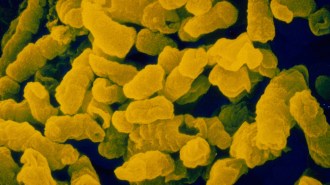 Health & Medicine
Health & MedicineA deadly bacteria has been infecting children for more than 1,400 years
DNA from a 6th century boy’s tooth reveals signs of the earliest known Haemophilus influenzae type b infection, shedding light on the pathogen’s history.
By Amber Dance -
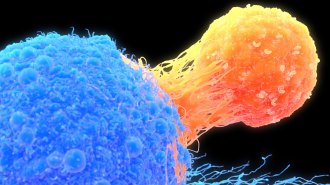 Health & Medicine
Health & MedicineGenetically engineered immune cells have kept two people cancer-free for a decade
Long-lasting leukemia remission prompts doctors to call CAR-T cell therapy a ‘cure’ for some.
-
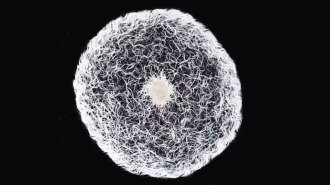 Animals
AnimalsVinegar eels can synchronize swim
Swarming, swimming nematodes can move together like fish and also synchronize their wiggling — an ability rare in the animal kingdom.
By Nikk Ogasa